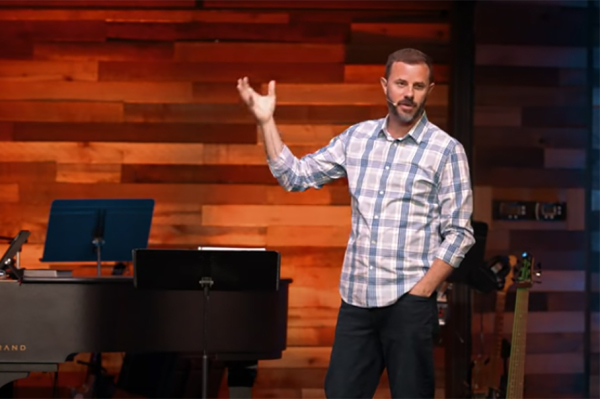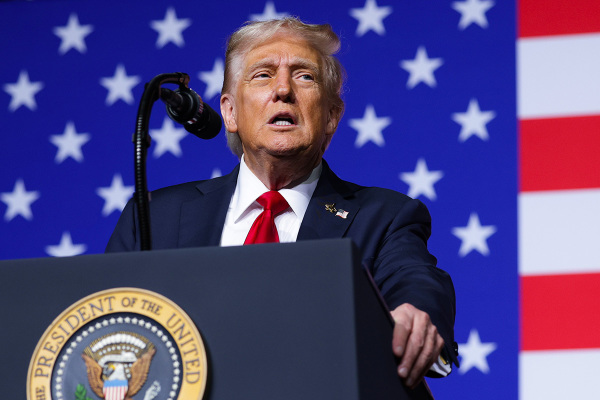Of Dogs and Babies
Senator Robert Byrd of West Virginia isn't known for mincing words on the Senate floor. Still, even by his standards, his recent comments about a crime in the news were especially impassioned.
He repeatedly called the alleged crime "barbaric" and even volunteered to attend the execution of the accused. He told his colleagues that he is "confident that the hottest places in hell are reserved for the souls of sick and brutal people who hold God's creatures in such brutal and cruel contempt . . ."
What prompted the senator's ire? Genocide? Ethnic cleansing? No, cruelty to animals, specifically the indictment of NFL star Michael Vick.
As you probably know, the Atlanta Falcons quarterback was recently indicted in connection with a dog-fighting ring allegedly operating out of his home in Virginia. The indictment included shocking details about the cruel way in which dogs that could no longer fight were disposed of.
Public reaction to the indictment was so strong that NFL commissioner Roger Goodell took the unusual step of telling Vick not to report to the Falcons' training camp. If he had reported, Vick would have seen dozens of picketers outside the camp holding signs reading "Kick Vick" and "Sack Vick."
Let me be clear: The allegations, if true, are barbaric, and whether the defendants plea bargain or are tried, if convicted, they should be punished to the fullest extent of the law.
Still, as former Congressman J.C. Watts noted, something's "out of whack" in this response. He wrote that people get "more worked up over the admittedly brutal and inhumane treatment of soulless dogs" than "the brutal procedure known as partial-birth abortion."
Writing in the Las Vegas Review-Journal, Watts quoted CNN's Nancy Grace, who said that the dogs "can't defend themselves." He then reminded readers that unborn children are even more defenseless. "If only," Watts continued, "animal-rights [advocates] would acknowledge the more precious worth of human life."
Watts' explanation for this moral blindness is that "cultural degeneration" has so skewed our priorities that we decry "the mistreatment of innocent animals, while we turn a collective and legislative blind eye to the premature and yes, barbaric killing of human life in the name of 'choice.'"
He concludes by saying that "once—just once," he would like to see people express the same level of outrage at the taking of innocent human life as they do over the mistreatment of animals. "Absent that, [he weeps] for them and for our culture."
The blindness Watts describes is the result of the two most destructive ideas in our culture. The first is the belief in radical autonomy which exalts "choice" and blinds us to the reality of what is being chosen. Choice, after all, is just a process. What matters is what you choose.
The second is the denial that there is anything inherently special about man—he is just an especially clever primate. Thus, there's no reason to get more upset over the death of humans, however barbaric, than the death of animals.
Combine the two and you have sad irony that Watts noted—an irony whose contempt for human life should make us all weep.
_________________________________________________
From BreakPoint®, August 17, 2007, Copyright 2007, Prison Fellowship Ministries. Reprinted with the permission of Prison Fellowship Ministries. All rights reserved. May not be reproduced or distributed without the express written permission of Prison Fellowship Ministries. "BreakPoint®" and "Prison Fellowship Ministries®" are registered trademarks of Prison Fellowship





















